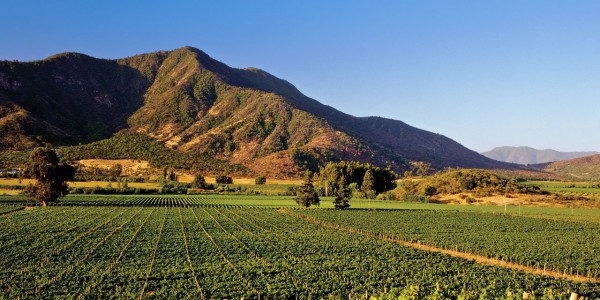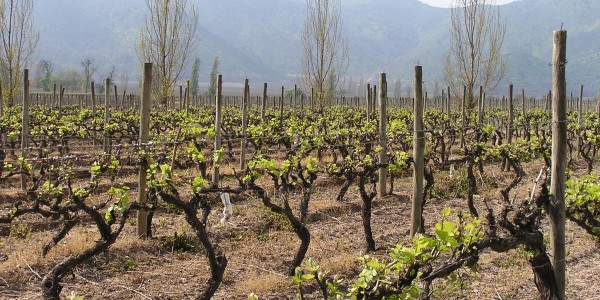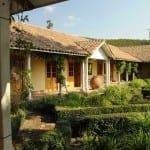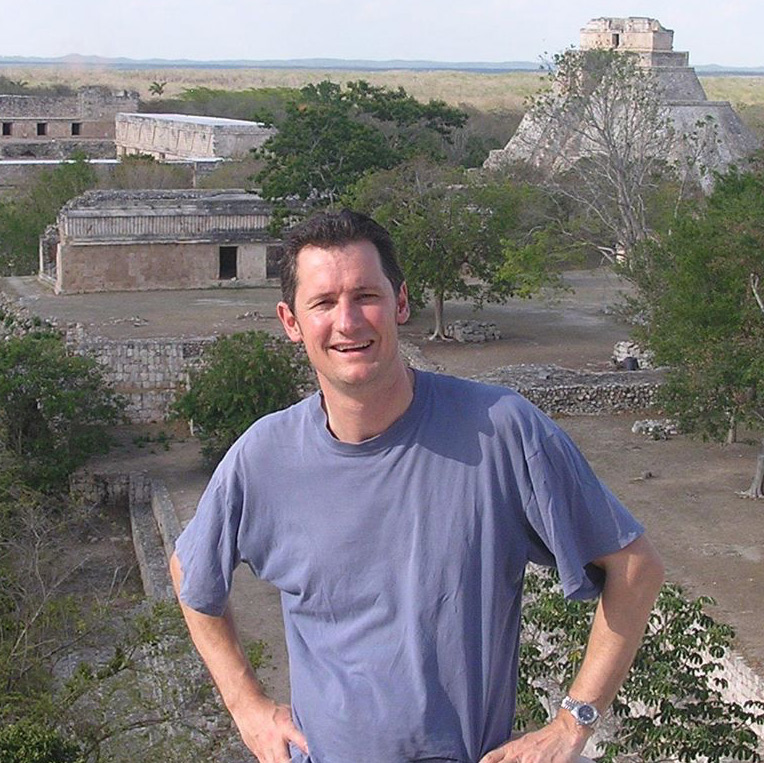The history of wine in Chile began around 1550 a little after its conquest, when Pedro de Valdivia took possession of the country in the name of the King of Spain. Vines were planted soon after this and so it became the first wine producer in the ‘New World’ some 200 years before California and 100 years before South Africa.
Winelands of Chile
Why visit Winelands of Chile ?
• Enjoy a private wine tasting & learn about the ‘Science of wine’
• Go biking and horse riding through stunning wineland scenery
• Glide over the vineyards in a hot air balloon
• Hang out by the pool with a glass of crisp Sauvignon Blanc
• Take a hike through the forested hills of Apalta
The growth of wine making in Chile was quite slow and it was not until the late 19th Century that the introduction of quality French vine stocks finally happened, which improved the quality significantly.
The whole industry then took another major leap forward in the late 20th Century when many vineyards realised that in order to compete on the global stage, they would need to invest heavily in the latest technology. The results are dramatic and now Chile produces some of the finest wines in the world.
Interestingly the wines from the region just to the south of Santiago differ significantly from those produced in the Aconcagua Valley to the north of the city.
A fascinating day’s wine tour takes you down to San Fernando and some of the Colchagua Valley’s most important vineyards, such as Vik, Lapostolle, Montes and Neyen. The tours typically include lunch with some fabulous winetasting at two or three different vineyards.
You can also visit the Colchagua Museum, which is a lovely little museum housed in a beautiful colonial hacienda and it has an interesting collection of pre-Columbian pottery, amber and gold, some lovely 19th Century carriages and also a number of historical items dating from the Independence movement and War of the Pacific.
There are a number of other vineyards that can be visited either on day trips or you can stay on a vineyard in the area and all the visits are accompanied by wine experts.
LOCATION
CHILE KEY INFO
Visa
No Visa is required for UK passport holders.
Health Requirements
No mandatory vaccinations are required.
Time Difference
GMT - 4 Hours
Flight Time
14.5 hours Direct
NEWSLETTER SIGNUP
Keep up-to-date with the latest travel trends, inspiration for future trips and competitions to win luxury travel vouchers.
Subscribe




















